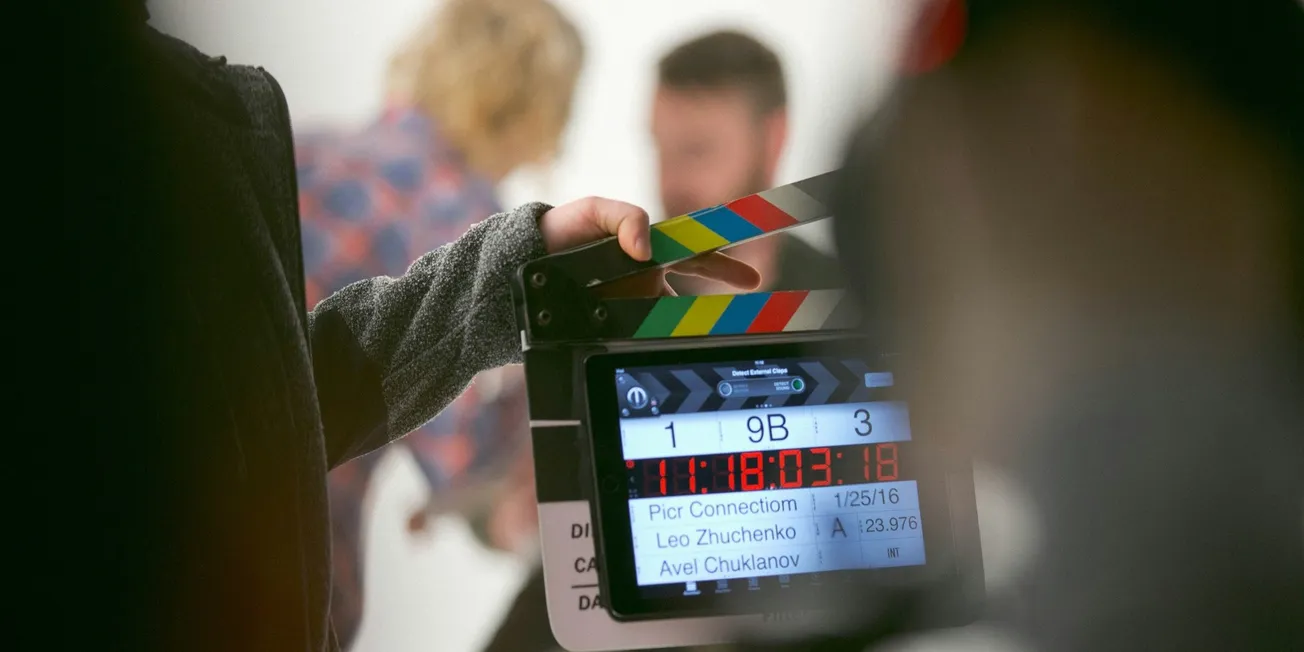Table of Contents
Managing above the line is a big part of working below the line; talent management—finding, casting, and fostering relationships with actors and crew members—is a constant challenge and a learned skill. Here are some reminders to help you cultivate strong relationships with cast and crew, which in turn will streamline the production process and lead to better creative and professional results (and happiness!).
When it comes to positively managing talent relationships on set and in productions, remember that the details matter. From providing transportation to and from the airport to the quality and maintenance of trailers and dressing rooms, making sure your actors are comfortable and feel taken care of throughout the experience is paramount. Oftentimes studio business affairs executives will not contractually guarantee points such as class of transportation, dressing rooms, and hair/makeup/wardrobe, assuring talent lawyers and agents that these are things to be “handled by production.”
That’s where you come in. Filling the gap between what is contractually owed to an actor and what production can practically accommodate to create the best talent experience possible is where you can make a difference. Small things like having clean transportation waiting and on time at the airport or having a small note and fruit basket placed in a hotel room on arrival will make a long-traveled performer feel appreciated from day one.
On set, make sure the performer's dressing room or trailer is consistent with both their contract and any additional perks or accommodations that the production can reasonably provide. These private areas are actors' respite during long days on set, and disappointment with their quality and maintenance is often the biggest complaint that talent representatives will make to a production. Going the extra mile there will make for a better on-set experience—and better footage—for production.
More generally, maintaining open communication, transparency, and honesty with cast and crew members creates productive relationships. Ensure the cast and crew understands their roles, responsibilities, and the project's overall goals to make production more efficient. Unexpected issues inevitably will happen; addressing issues quickly and directly creates a positive and productive work environment.
Finally, continually provide support to your cast and crew. Understand that cast and crew members may have personal issues that impact their professional responsibilities. Offering them resources and assistance and creating a positive environment raises morale and promotes loyalty.
Similarly, make a point to acknowledge the hard work and dedication of your cast and crew members. Producers should celebrate major and minor milestones and individual and collective accomplishments.
Every production has the potential to feel like a runaway train threatening derail at any moment, and it can be challenging to stop and take the time to reflect on how your choices will mentally and emotionally impact your talent. But paying attention to these details at every touchpoint is the hallmark of fostering good talent relations and facilitating the best performances possible from your talent and crew.









